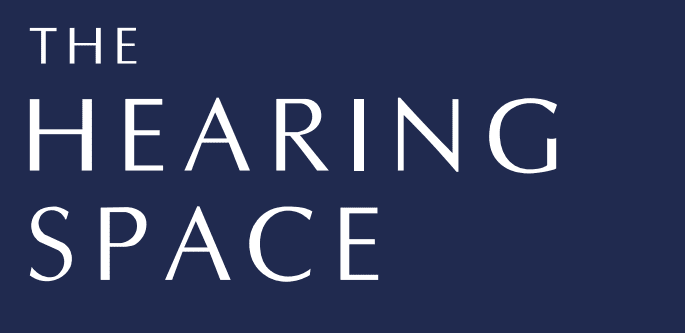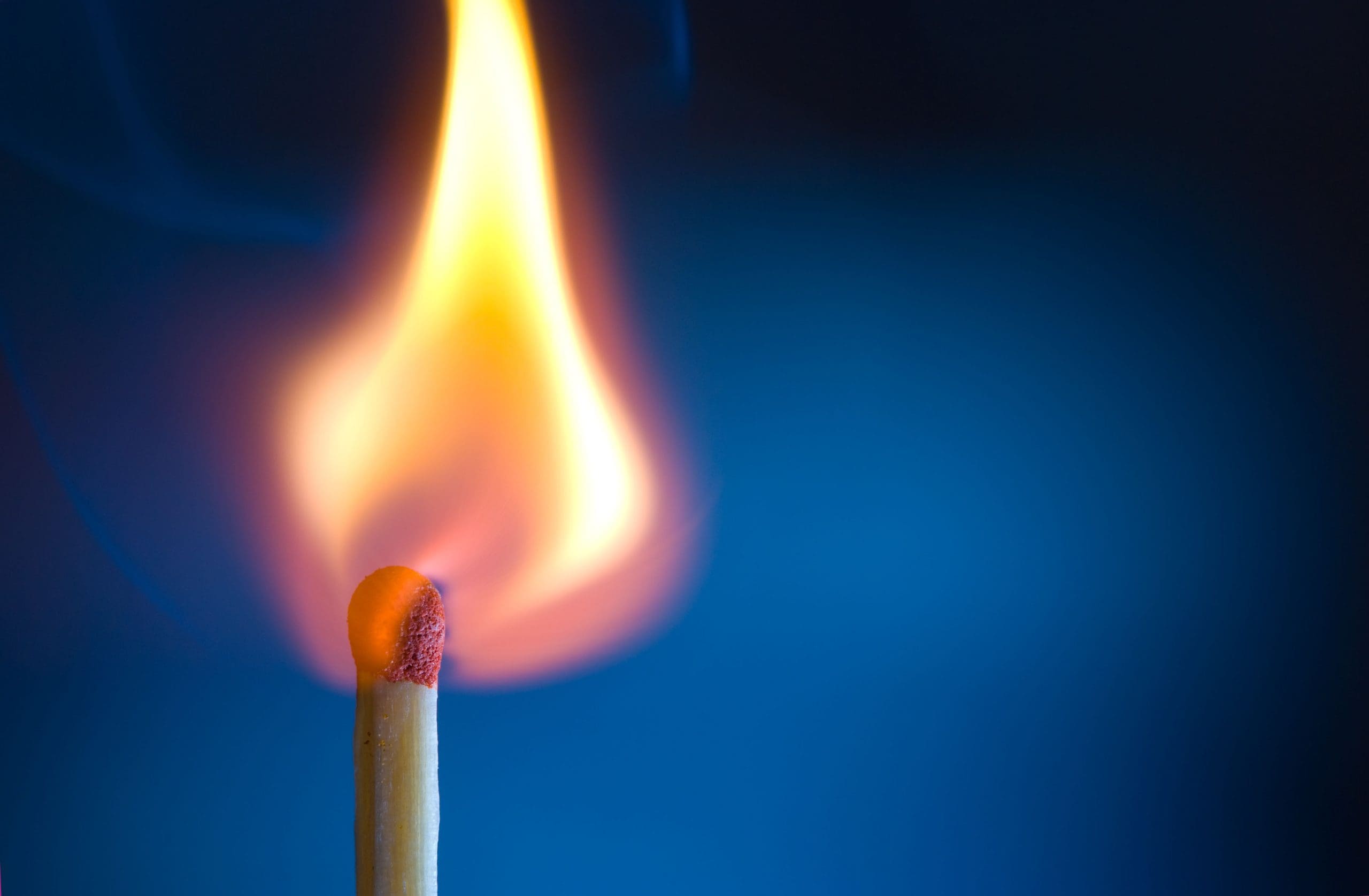What is ear candling?
You may have seen photos of someone lying on their side with a long, thin candle in their ear. What are these and what do they do? In short, ear candles (and there are different types) are hollow candles that supposedly produce a ‘chimney effect’ and thus draw up and out earwax and debris in the ear canal. The heat from the candle allegedly warms any earwax, and the vacuum effect of the hollow candle is supposed to suck up this wax.Is there any evidence suggesting ear candling works?
No, is the simple answer. There has, however, been documented evidence of a person injuring themselves and requiring specialist removal of candle wax from her ear, following an attempt at ear candling. Further studies have shown that the temperature generated in the ears is much lower than body temperature and that no ‘suction’ effect has been observed under careful examination. What researchers have found, however, are remains of the candle wax close to or actually touching the ear drum. Not the intended outcome! Ear wax removal is a safer and more effective alternative to ear candling. In fact, ear wax removal is essential for maintaining healthy ears. Removing ear wax can help to reduce the risk of infection and improve hearing.Are there any risks to ear candling?
There are obvious risks regarding getting burned and also getting candle wax in the ears. A conductive hearing loss due to eardrum perforation has also been seen. While these practices are not banned in the UK, several countries, like the USA and Canada, have been working to prohibit the production of these candles in the interests of safety.

